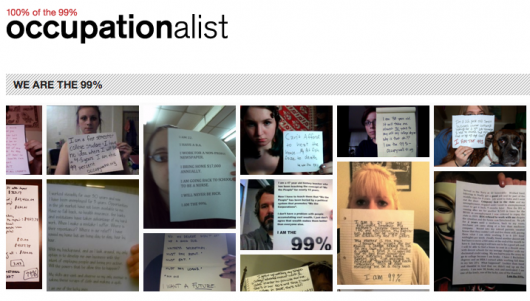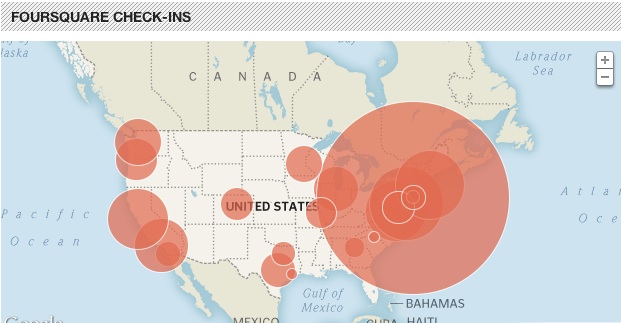For a long time no one knew what Tumblr was. Twitter has long been a dominant force alongside Facebook. Tumblr has gained momentum in recent years though and it begs the question, which is superior: Twitter or Tumblr?
Admittedly some people might prefer to play online games like partypoker or Sudoku than exist in a social network, but you can’t deny their power. While celebrities and businesses enjoy the simplicity of Twitter to promote themselves, there is a younger generation who have switched to Tumblr to discuss their favorite recording artists and television shows.
So which site does it better?
Reblog vs Retweet
On Twitter if you want to share someone else’s Tweet with your own followers, there is the Retweet option. On Tumblr if you like someone’s blog post, you can Reblog so it is on your blog too. Reblogging is often more aesthetically pleasing and draws the eye, unlike the simple text of Twitter. That said, the limited characters per Tweet can make a Retweet have a snappier impact than a long Reblog.
Graphics vs Text
While there is the TwitPic and Link options on Twitter, you have to click in order to view when they pop up in your Time-line. On Tumblr the graphics are already on display. So long as you are following, it will appear on your Dash. Images have long been proven to be more eye catching than text.
Trending Topics vs Tags
When lots of people discuss the same topic on Twitter within the same geographical area, it becomes a Trend. This allows curious Twitterer’s to view the time-line to see what’s being said. They then use the hash tag and/or words in the title of the Trend to get their thoughts across. On Tumblr you can follow a certain tag for, say Lady Gaga at all times. When you click on the tag at the side of your Dash, you can see everything that has been tagged with her name.
Ease of use
Twitter is easier to get to grips with than Tumblr. This due to the the options of Tumblr far outweighing Twitter. However Tumblr is far more amusing to play around with.
It is difficult to know which one is better, but it is practically an inevitability that a new social media site will come along and wipe the two from existence.



